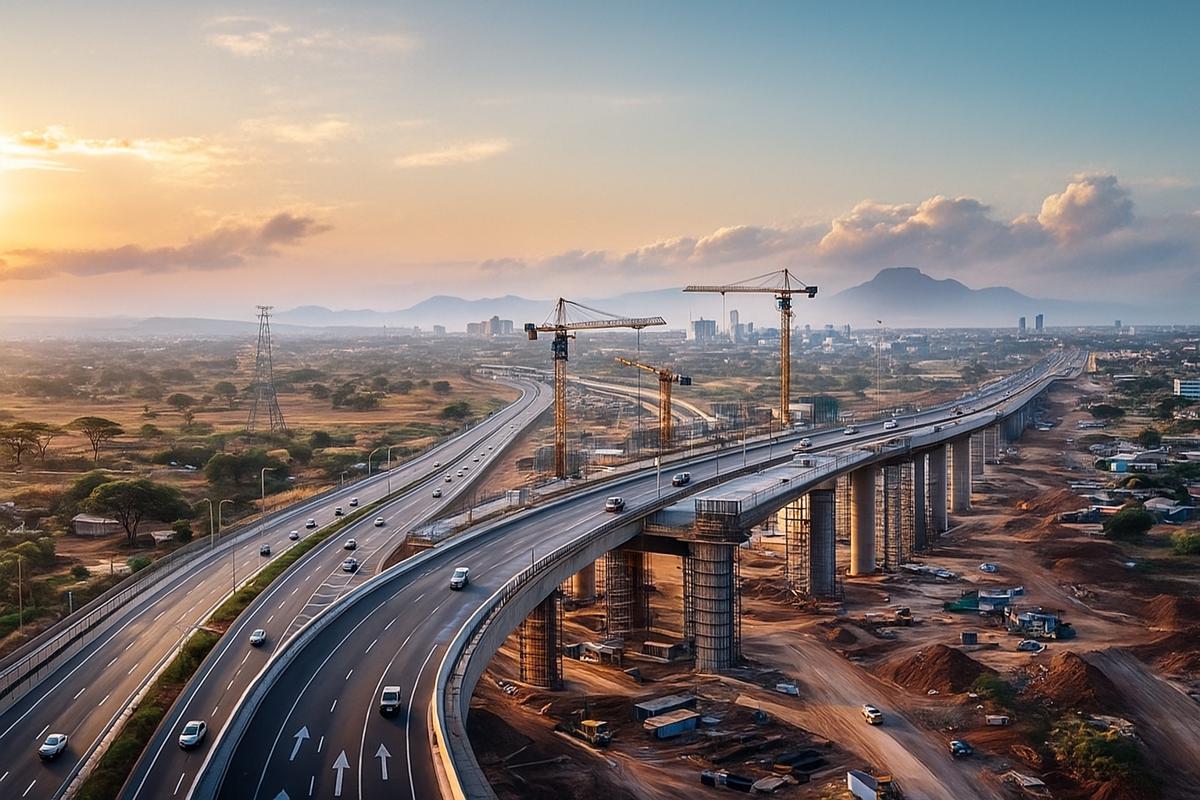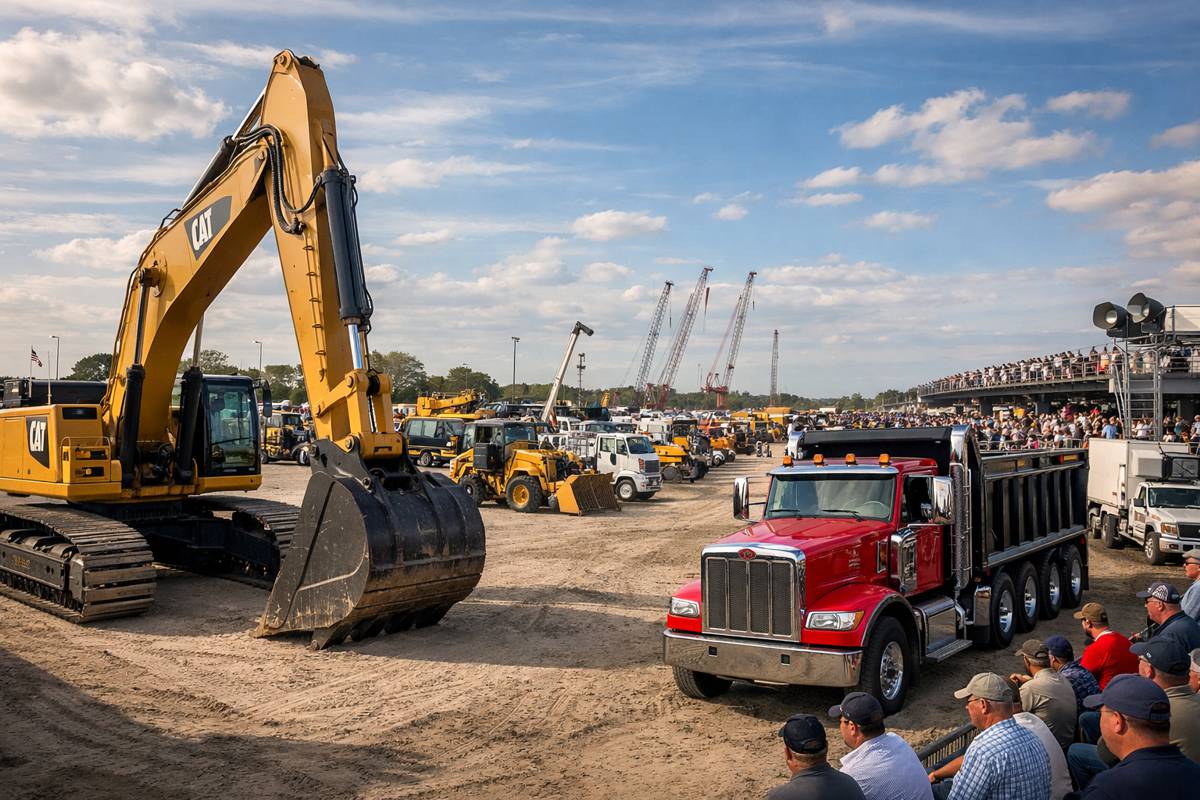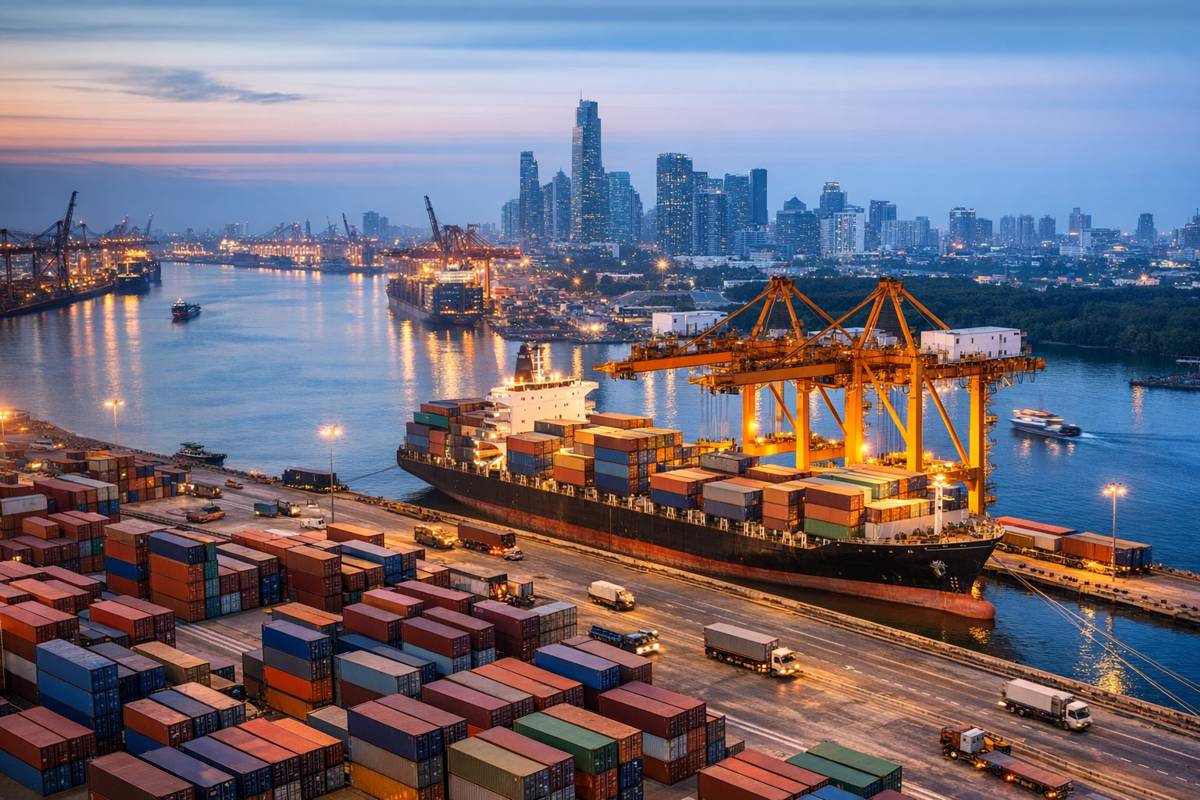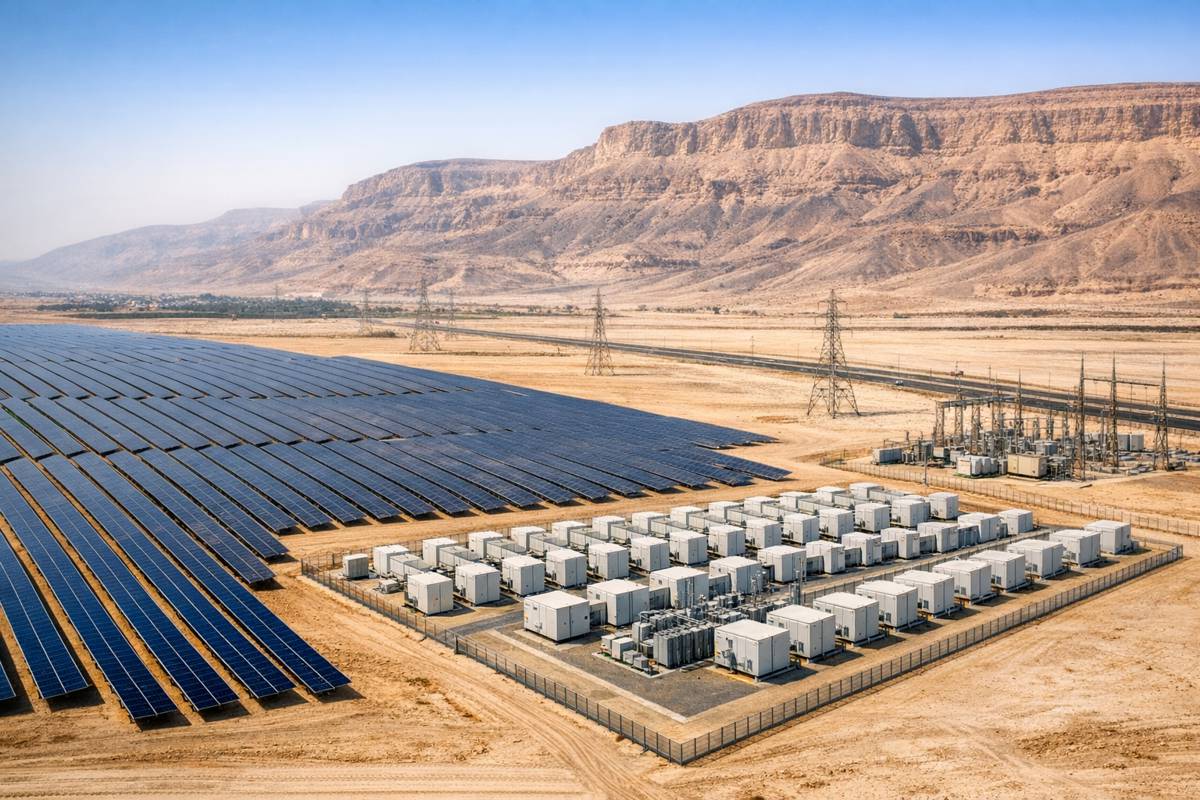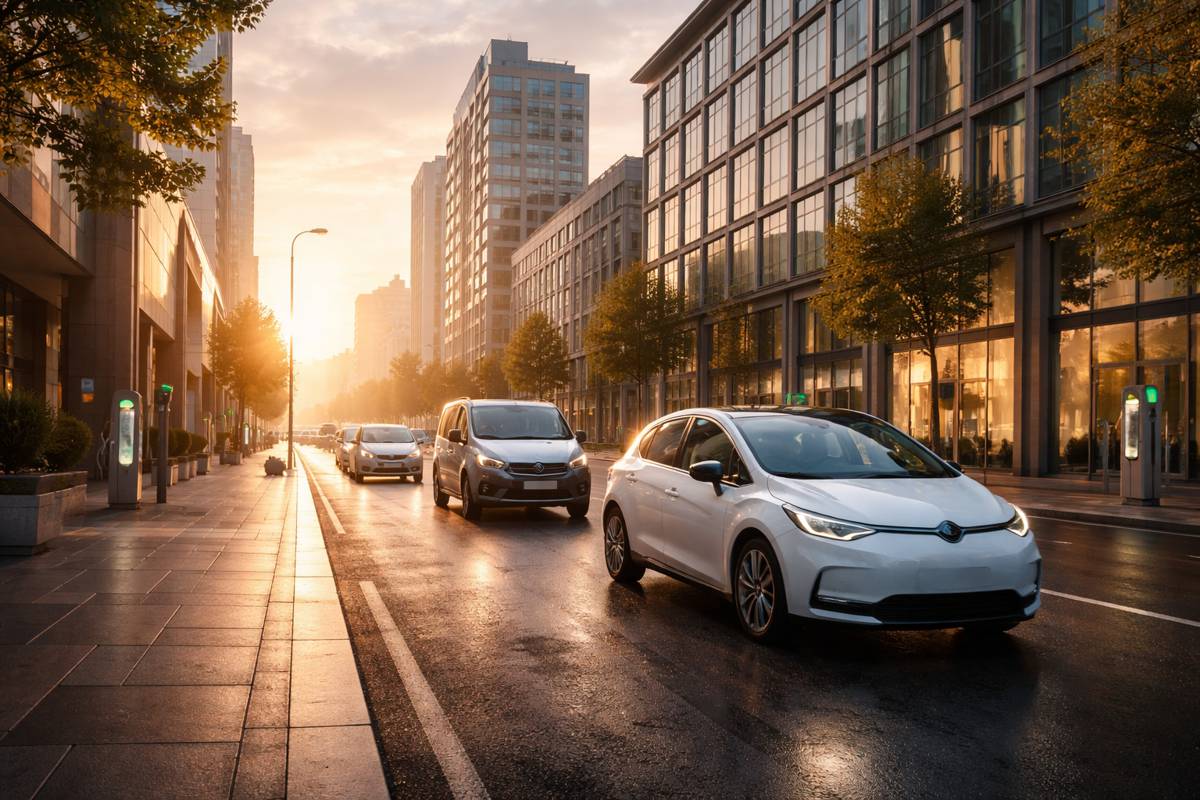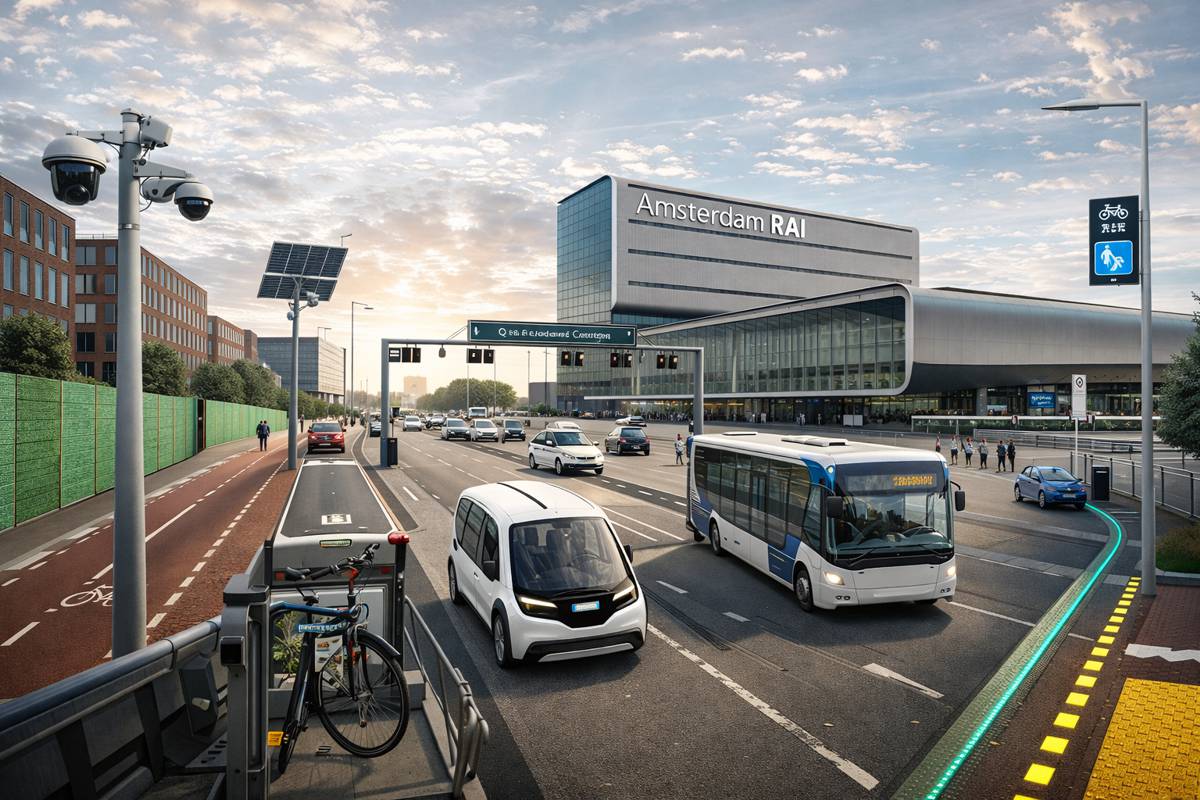Africa’s Infrastructure Investment Horizon
Africa’s infrastructure sector is entering a pivotal moment, shaped by rising demand, bold policy reforms and stronger capital mobilisation. The African Development Bank (AfDB) estimates the continent faces an annual infrastructure financing gap of USD 130-170 billion across transport, energy, water, logistics and digital systems. Rather than hindering progress, the shortfall is fuelling renewed global interest, drawing private capital providers, development finance institutions (DFIs), sovereign funds and major engineering firms to one of the world’s most promising growth regions.
The surge in investment attention is no coincidence. Africa’s demographic expansion, rapid urbanisation and commitment to regional market integration are creating the conditions for long-term returns on projects that address essential structural needs. These fundamentals are aligning with a wave of pro-investment regulatory reforms and an increasing supply of project preparation facilities designed to bring more projects from concept to bankability.
As a result, Africa’s infrastructure market is shifting from being donor-led toward becoming a more balanced ecosystem where public and private capital work together to advance strategic, commercially viable assets.
Catalysing Bankable Projects At Infrastructure Africa 2026
Infrastructure Africa 2026, scheduled for Cape Town, is positioned to accelerate this momentum by convening the continent’s leading decision-makers, financiers, policymakers and project developers. The gathering aims to bridge gaps between opportunity and investment through structured engagements, insights and targeted project showcases.
The event will focus on improving bankability, strengthening partnerships and supporting the development of cross-border infrastructure corridors. Its programme brings together ministers, CEOs, project sponsors, DFIs and global financiers to unlock new pathways for capital deployment.
Attendees can expect a diverse range of activities, including:
- Project Investment Showcases featuring bankable and near-bankable opportunities across critical economic sectors.
- Financing Insight Sessions offering perspectives from DFIs, institutional investors and private capital platforms.
- Country Spotlight Panels presenting national investment pipelines and updated regulatory frameworks.
- High-Level Networking with senior government officials, financiers, and regional project champions.
Collectively, these sessions aim to reduce transaction uncertainty, build collaborative frameworks and accelerate project preparation cycles.
Population Growth, Urbanisation And Market Integration
Africa’s socioeconomic dynamics continue to drive infrastructure demand at an unprecedented pace. The continent’s population is projected to reach 1.7 billion by 2030, transforming energy consumption, transportation trends and resource management. With cities expanding rapidly, urbanisation is rising at around 4 percent annually, making Africa home to five of the world’s ten fastest-growing cities.
Urban growth is generating immense pressure on existing systems while simultaneously creating opportunities for investment in power networks, urban transport, mobility solutions, water infrastructure, and sustainable planning models. As industries move closer to urban centres, demand for both heavy and light industrial infrastructure is intensifying.
Regional market integration is another major driver. The African Continental Free Trade Area (AfCFTA) has unlocked a single market of 1.3 billion people and a combined GDP of over USD 3.4 trillion. To fully realise its potential, AfCFTA requires significant investment in efficient logistics corridors, ports, border infrastructure and multimodal transport networks.
The AfDB estimates USD 32 billion must be invested every year in transport and logistics infrastructure to support AfCFTA’s goals. Improved road and rail systems, expanded port capacity, modernised customs processes and harmonised regulations will be essential to reduce trade barriers and lower the cost of doing business.
Digital Transformation Accelerating Connectivity
Africa’s digital economy is expanding at a pace that rivals global leaders. The continent’s digital infrastructure market is expected to grow more than 11 percent annually, driven by explosive demand for data centres, fibre connectivity, cloud services and mobile penetration.
Mobile broadband continues to transform commerce, education and public services, while data centre development is surging to support cloud adoption and local data processing. Countries such as Kenya, Nigeria, South Africa, Morocco and Egypt are emerging as digital hubs, attracting hyperscale and colocation investments.
International tech companies, telecoms operators and infrastructure investors are increasingly prioritising Africa’s digital backbone, recognising its essential role in economic resilience and industrial modernisation. Private equity interest in digital infrastructure has also grown sharply, particularly around telecom towers, subsea cables and regional fibre networks.
Energy Security And The Push For Sustainable Solutions
Energy remains one of Africa’s largest investment opportunities. The continent holds vast renewable energy potential, including solar, wind, geothermal and hydro resources. However, persistent gaps in electricity access, rising demand and ageing infrastructure continue to pose challenges.
DFIs, national governments and private developers are actively investing in grid modernisation, clean energy expansion and decentralised systems. The World Bank, AfDB and Africa50 have launched multiple initiatives targeting project preparation for renewable energy and transmission projects.
Large-scale renewable investments are gaining traction, particularly in North Africa, Southern Africa and parts of East Africa. Countries like Egypt, Morocco, Kenya and South Africa are leveraging public-private partnerships (PPPs) to accelerate utility-scale solar and wind developments. According to the International Renewable Energy Agency (IRENA), Africa could more than double its installed renewable capacity by 2030 with sustained investment.
Meanwhile, off-grid and mini-grid solutions are making strides in rural and peri-urban communities, supported by blended finance models that balance commercial and developmental objectives.
Transport Corridors And Cross-Border Infrastructure
Transport connectivity is central to Africa’s economic transformation. Investments in rail corridors, highways, logistics hubs, border modernisation, and port upgrades remain top priorities across the continent.
Major regional corridors, including the North-South Corridor, Abidjan-Lagos Corridor and LAPSSET Corridor, are being developed to streamline movement of goods and improve regional integration. At the same time, countries are rolling out national transport masterplans to modernise their fleets, reduce road congestion and expand airport capacity.
Multilateral agencies and DFIs are supporting these initiatives with multi-country financing packages that reduce risk while enabling large-scale infrastructure delivery. These programmes are increasingly structured to encourage private sector participation.
The Rise Of Blended Finance And New Investment Frameworks
Africa’s infrastructure financing ecosystem is evolving rapidly. Traditional funding models are being complemented by risk-sharing structures designed to mobilise private capital while ensuring long-term sustainability.
Blended finance has become a key tool in closing viability gaps. By combining concessional funding from DFIs with commercial capital, blended finance platforms reduce risk and unlock opportunities that may otherwise struggle to attract investment.
Innovative mechanisms such as green bonds, infrastructure debt funds, credit-enhancement instruments and project preparation facilities are also helping to bridge the bankability divide. According to the Global Infrastructure Hub, project preparation costs can represent up to 10 percent of total project value, making early-stage support essential.
Governments across Africa are updating procurement regulations, improving PPP frameworks and strengthening investor protection policies to signal long-term stability. Countries such as Rwanda, Kenya, Ghana, Morocco and Senegal have made significant strides in adopting pro-investment legal reforms.
A Hub For Strategic Dialogue And Future Partnerships
Infrastructure Africa 2026 will serve as an essential platform for advancing these developments. The event aims to facilitate collaboration, strengthen institutional capacity and promote sustainable infrastructure rollouts.
Participants will gain insight into emerging trends, bankability requirements, sectoral priorities and cross-border opportunities. With infrastructure central to job creation, industrialisation and economic resilience, the gathering is expected to influence investment decisions and accelerate infrastructure pipelines.
By bringing together regional and global leaders, the event will foster partnerships capable of driving Africa’s next era of growth.
Infrastructure For Africa’s Economic Future
Africa’s infrastructure transformation is underway, shaped by a combination of demographic trends, regulatory reforms and sustained investor interest. With billions in annual financing needs, the continent offers unmatched opportunities for investors seeking long-term, socially impactful and commercially viable projects.
Infrastructure Africa 2026 stands as a catalyst in this evolving landscape, encouraging bold collaboration and supporting the journey from pipeline to bankability. It provides a gateway for investors, developers and policymakers committed to building the infrastructure that will power Africa’s economic future.
